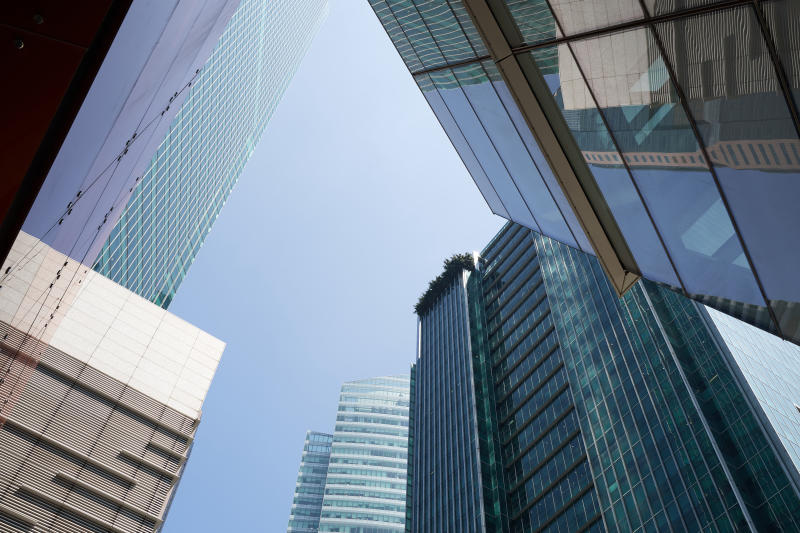How to seek contractual relief for yourself or business under new Covid-19 law
Sign up now: Get ST's newsletters delivered to your inbox

Those who are unable to perform their contracts because of Covid-19 are encouraged to first negotiate with the other party to resolve the matter.
PHOTO: ST FILE
SINGAPORE - Individuals and businesses who are unable to fulfil their contractual obligations due to the Covid-19 pandemic and safe distancing measures can now get legal reprieve for six months.
This comes as provisions under the Covid-19 (Temporary Measures) Act commences on Monday (April 20) - a move to protect and help businesses and owners focus on rebuilding rather than spend time and resources fighting litigation or bankruptcy proceedings.
The Act covers contracts for rentals in the industrial and commercial sectors, construction and supply contracts, as well as certain secured loan facilities granted by a bank or a finance company to small and medium-sized enterprises.
Contracts for events such as weddings or conferences, as well as in tourism, such as cruise and hotel bookings, are also covered.
Certain hire-purchase agreements, such as vehicle loans taken out by private-hire drivers, are also covered.
Only contractual obligations that are to be performed on or after Feb 1 and contracts that were entered into before 25 March are covered under the Act.
The relief period will be for six months, from April 20 to Oct 19, said the Ministry of Law (MinLaw) on Monday. This may be extended by another six months later.
Meanwhile, thresholds for bankruptcy and insolvency will also be increased temporarily from Monday until Oct 19.
The monetary threshold for bankruptcy will be increased from $15,000 to $60,000. The monetary threshold for corporate insolvency will be increased from $10,000 to $100,000.
The time period to satisfy a statutory demand from creditors will also be increased from 21 days to six months.
How do I seek relief for myself or my business?
Those who are unable to perform their contracts because of Covid-19 are encouraged to first negotiate with the other party to resolve the matter, said MinLaw.
If they require protection from legal proceedings and wish to obtain relief under the Act, they should:
1. Confirm that they are eligible for relief at this website.
2. Serve a notification for relief on the other party or parties of the contract, using this form.
This will set out the obligation that was supposed to be performed and how the coronavirus has affected the inability to perform that obligation.
The notification must also be served on any guarantor or surety for the obligation in the contract, and/or the issuer of any related performance bond, if any.
After the notification of relief is served, the other party or parties of the contract cannot take certain types of actions to enforce the obligation during the period of relief, such as commencing or continuing an action in court.
What if parties cannot reach a mutual agreement?
There may be disagreements on whether Covid-19 is the cause of a party's non-performance. In such cases, parties should first discuss, understand each other's positions and try to reach a mutual agreement, said MinLaw.
If they are unable to do so on their own after a notification of relief is served, either party can make an application to the Panel of Assessors for Covid-19 Temporary Relief (Pact) for an assessor's determination.
The application, which is free, can be made at this website.
The assessor will decide whether the case is covered under the Act and will seek a just and equitable outcome in the circumstances, said MinLaw.
Parties will not be allowed to be represented by lawyers in proceedings.
The hearings will generally be held by exchange of e-mails, unless the assessor feels there is a need for a hearing to be conducted over video conference or in person, said MinLaw.
Parties will later be informed of the assessor's decision, which is binding on the parties and cannot be appealed.
More information can be found at this website.


